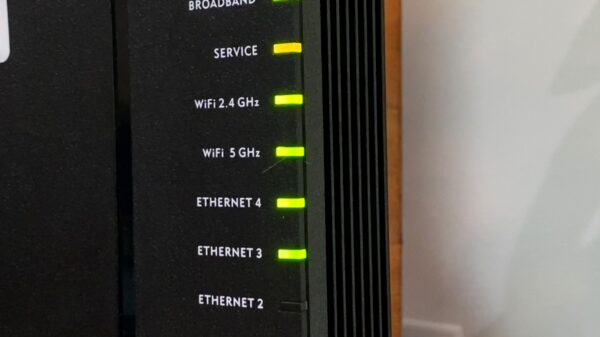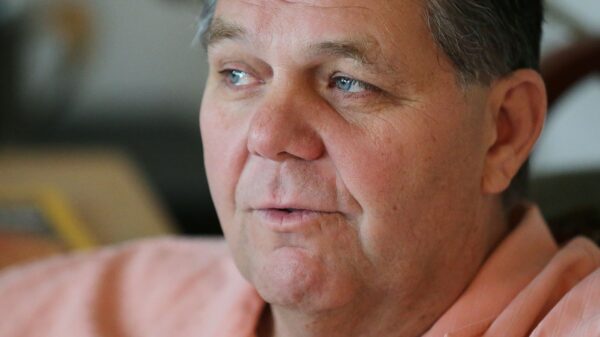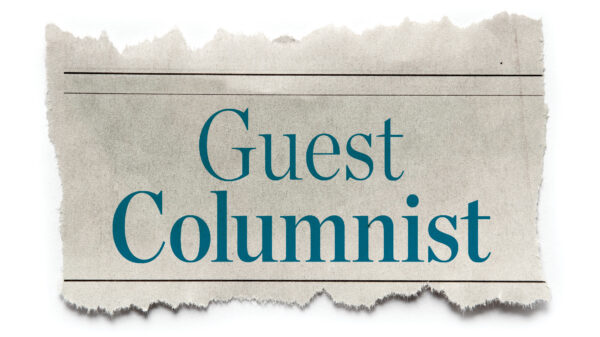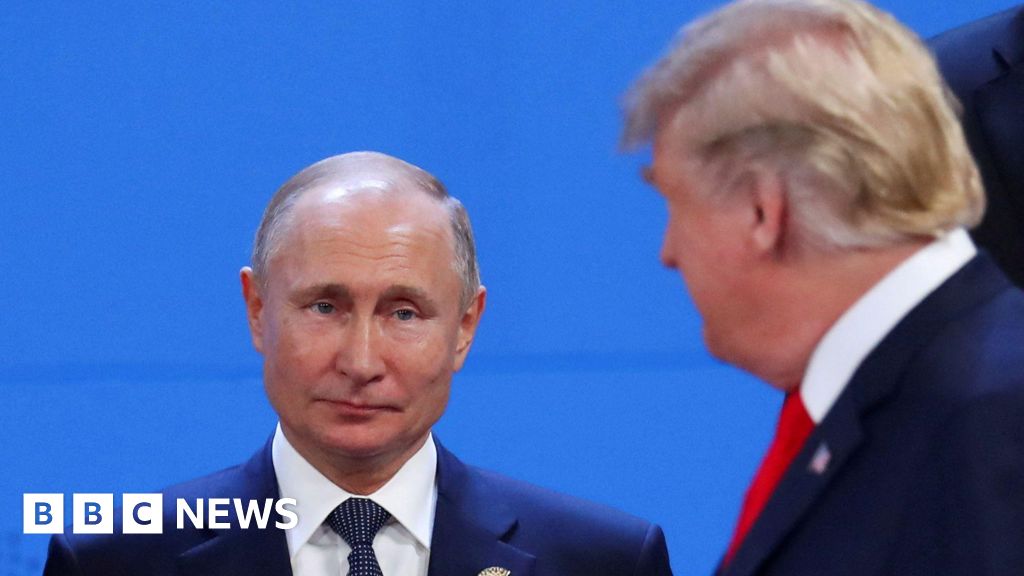As the diplomatic dance between the United States and Russia continues, Moscow appears unfazed by President Donald Trump’s recent expressions of frustration with Russian President Vladimir Putin. The Russian capital’s response comes in the wake of Trump’s increasingly critical remarks, which have been met with a shrug from the Kremlin.
In a recent cabinet meeting, President Trump expressed his dissatisfaction with the lack of progress in discussions with Putin, particularly concerning the ongoing conflict in Ukraine. “We get a lot of bullshit thrown at us by Putin, if you want to know the truth,” Trump stated, highlighting his growing impatience with the Russian leader. Despite six phone calls this year between the two leaders, Trump admitted that they “didn’t make any progress” towards resolving the war in Ukraine.
The Russian Reaction: A Diplomatic Facade
When asked for a response, Kremlin spokesman Dmitry Peskov maintained a composed demeanor, stating, “We are pretty calm about this. Trump’s way of talking is generally quite harsh…we plan to continue our dialogue with Washington to mend our broken bilateral relations.” This attempt at diplomatic poise contrasts sharply with the more candid reactions seen in the Russian media.
The Russian press has not held back in its criticism of Trump. The tabloid Moskovsky Komsomolets described the U.S. president’s behavior as “mercurial” and critiqued his “propensity for sudden moods and chaotic changes of direction.” Meanwhile, Komsomolskaya Pravda accused Trump of lacking “geopolitical achievements,” reflecting a shift from the previously positive coverage of his administration.
A Shift in Russian-American Relations
This change in tone marks a significant departure from earlier this year when Russian media and officials expressed optimism about Trump’s presidency. In March, a political scientist told Izvestia that “America now has more in common with Russia than Washington does with Brussels or Kyiv.” The sentiment was echoed in May by the business daily Kommersant, which praised Trump’s stance as advantageous to Moscow, noting his reluctance to strengthen sanctions against Russia and his interest in developing trade.
However, the optimism has waned in recent months. The cancellation of bilateral talks aimed at restoring diplomatic operations and the absence of Trump’s envoy, Steve Witkoff, from Moscow since early summer have contributed to the cooling of relations. This diplomatic chill is underscored by Trump’s recent threats to impose tariffs on countries aligned with BRICS, a group that includes Russia.
Historical Context and Future Implications
The fluctuating relationship between the U.S. and Russia is not without precedent. Historically, the two nations have experienced cycles of tension and cooperation, often influenced by broader geopolitical shifts. The current situation reflects a period of uncertainty, with both sides navigating complex international dynamics.
Experts suggest that the future of U.S.-Russia relations will hinge on several factors, including the resolution of the Ukraine conflict and the broader geopolitical landscape. According to international relations analyst Dr. Elena Kovaleva, “The key to improving relations lies in finding common ground on critical issues like arms control and regional stability.”
“The key to improving relations lies in finding common ground on critical issues like arms control and regional stability.” – Dr. Elena Kovaleva
As the world watches, the diplomatic moves between Washington and Moscow will continue to unfold, with potential implications for global stability. The coming months will be crucial in determining whether the two nations can overcome their current impasse and forge a path towards renewed cooperation.





































































